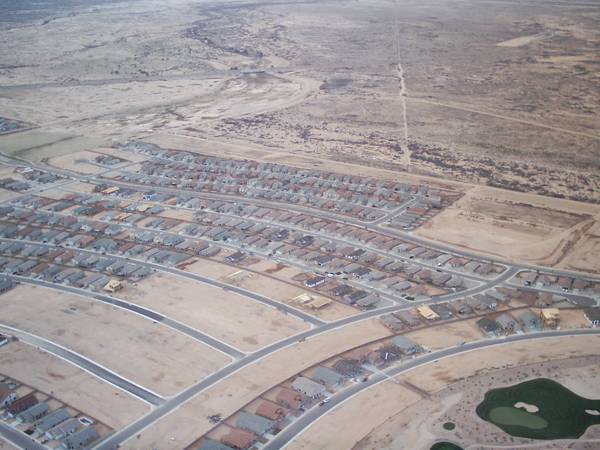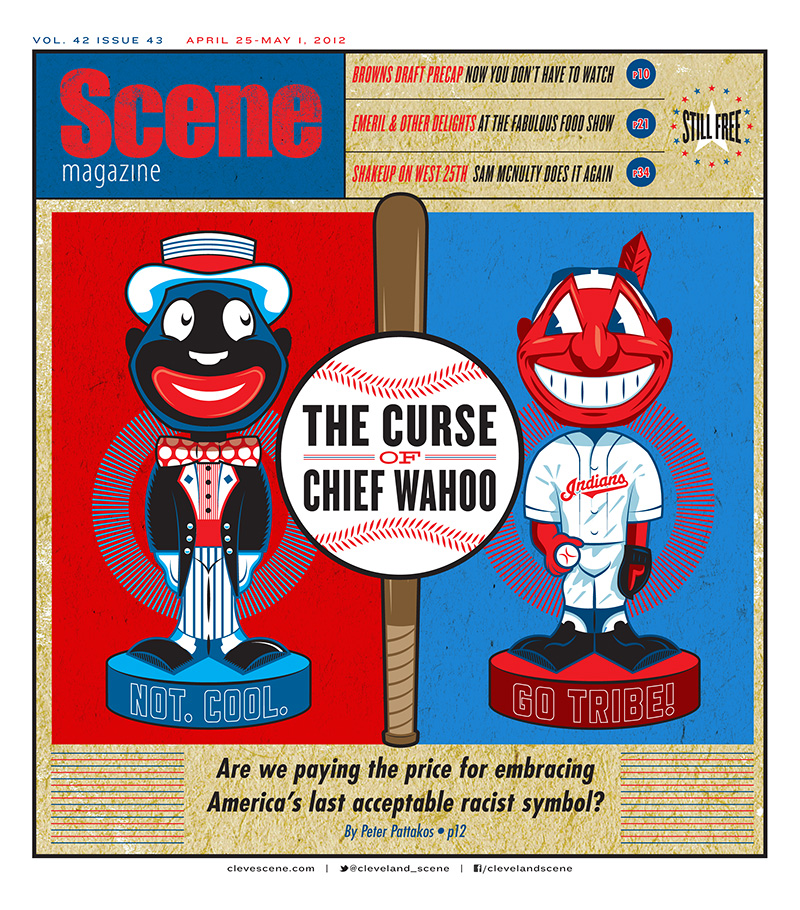There’s hardly anything more fun than when people rank things, and the latest rankings couldn’t come at a better time, with the Cleveland MLB team having just wrapped up a three game series against the Diamondbacks during which everybody was talking about how many Cleveland fans were in the stands in Arizona.
@PaulieB621 got right to the point on Twitter Tuesday night by noting and asking:
“There’s more [Tribe] fans in the seats in AZ than there are in Cleveland during the week. Embarrassing or Encouraging?”
Well, look.
You don’t have to be Al Gore to wonder about what kind of damage is done by people who blame their problems on the weather and run off to the desert to soak in a massive sprawl of freon and chlorine.* It’s like when young Clevelanders move from the fertile banks of the Valley of the People to the godforsaken swamps of Chicago because there are more whores there, but much worse. If only embarrassment was all we had to worry about here.
Of course, these problems are massive and structural, and there are no easy answers. The start to any solution can only be to dig deep, focus with precision, and take the inches that are around us as we find them, one at a time. Which is why we should be especially thankful for the work of Jeff Opperman, a senior adviser at leading conservation nonprofit, The Nature Conservancy.
Per Scene’s Kyle Swenson, Opperman has just completed a study ranking the top 50 U.S. cities in terms of resilience to climate change, and Cleveland, of course, ranked at the top of the list (Milwaukee, Detroit, Chicago and Minneapolis round out the top 5).
Per Opperman:
I … factored that cities’ biggest concerns from climate change include disruptions to water supplies, increased risk of natural disasters (e.g., floods and hurricanes), and the heat itself: in addition to causing general discomfort, heat is already the biggest weather-related source of mortality. …
Rust Belt cities do so well in my rankings … [because] they have a sustainable water supply (in four of the cities, the Great Lakes); their heat stress rankings are relatively low; and they are less vulnerable to natural disasters that will be exacerbated by climate change, such as floods, landslides and wildfires.
Sustainable water supply, low heat stress, low vulnerability to natural disasters; Of course. And of course, the “obvious observation”:
“One obvious observation is that the most climate-vulnerable cities include some of the fastest growing regions of the country, while the most climate-resilient include several cities with flat or even declining populations. So the country’s population is shifting away from places that are better-equipped to deal with climate change and toward areas that may face the greatest disruptions from climate change.”
The country’s population is shifting away from the less vulnerable places to the more vulnerable ones. What could make more sense than this?
Of course, the problem with so many people in America today is that they suck, and they suck because they’re soft. They’re soft because they can’t deal with reality, and they can’t deal with reality because, with America being what it is, they haven’t really ever had to.
So of course it should be no surprise that the places from which so many folks today are hasty to escape happen to be places like Cleveland; places that are the most impervious to climate change and natural disaster, i.e., places that are the most impervious to the force that’s most threatening to reality as we know it. Of course, when the chickens come home to roost, these folks will naturally be the last to notice.
We probably shouldn’t need any official rankings to tell us this, but it doesn’t hurt to have science confirm. Cleveland: You must be some jerk if you don’t live here. Also, really repressible and unimpervious.
—————
*As much as there will always be an opposite to smuggling whiskey into a late-December Browns game, things have gone so far in the wrong direction from the days of soaking bedsheets in irrigation ditches and sleeping outside, hoping for a breeze that it’s hard to believe we’re even on the same planet anymore.




